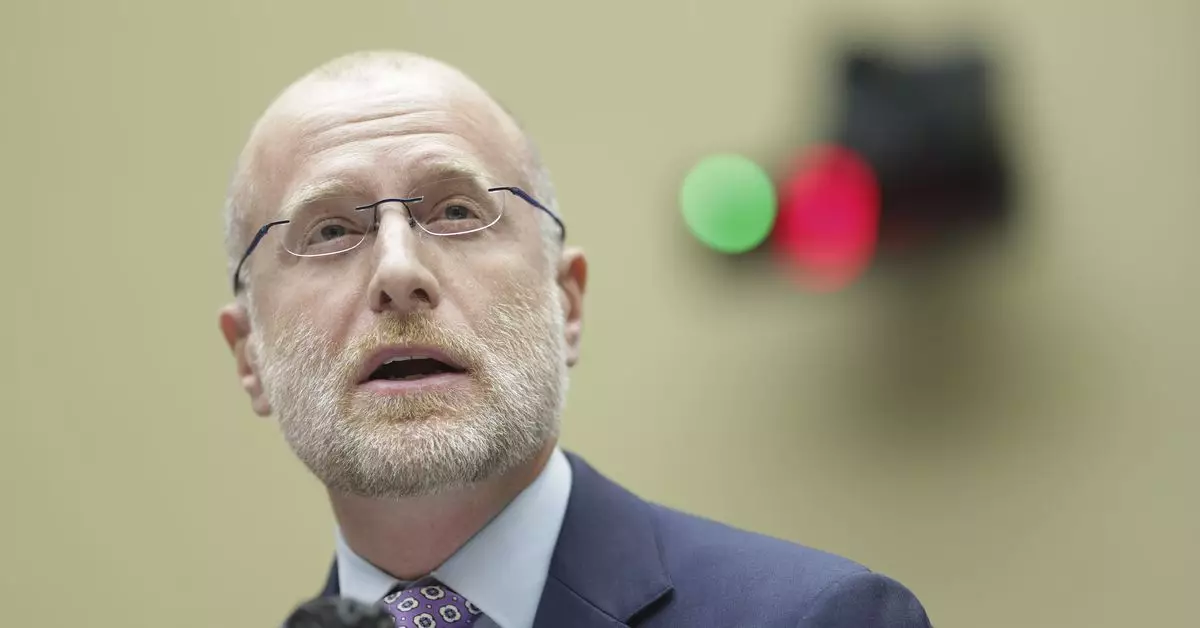Brendan Carr’s ascension as chairman of the Federal Communications Commission (FCC) signals a potentially seismic shift in the regulation of online speech and media. Having served as a commissioner since 2017, Carr has continually positioned himself as a staunch advocate for conservative media content. His motivations and the policies he has endorsed raise critical questions about the balance between regulation and free speech, especially in an age where technology and communication are inextricably woven into everyday life.
Carr’s involvement in Project 2025 provides a window into his strategic vision for the FCC. Among the initiatives he has put forth are sweeping changes aimed at regulating social media platforms. Specifically, Carr has suggested revisiting Section 230 of the Communications Decency Act, which traditionally protects websites from being held liable for user-generated content. His proposed restrictions could significantly hinder the operational autonomy of these platforms, compelling them to reconsider how they moderate content.
The implications of such a move are far-reaching; limiting the legal shield that allows platforms to dynamically manage user postings could lead to a chilling effect on speech. Website operators may opt for overly cautious moderation to avoid potential regulatory backlash, unintentionally stifling diverse voices and opinions.
Carr’s approach has not been without its controversies. In the lead-up to the election, his rhetoric escalated as he threatened punitive measures against companies for perceived biases in content moderation. Notably, his suggestion to revoke NBC’s broadcast license after a satirical sketch on “Saturday Night Live” came under fire for encapsulating an authoritarian stance toward media that does not align with his views. This raises apprehensions regarding the independence of the FCC and its safeguarding of free speech in political contexts.
By threatening sanctions against media organizations, Carr appears to foster a climate of fear that could deter entities from engaging freely in political discourse. Such actions could undermine the very principles of democracy, where differing viewpoints should be cherished and openly debated.
Carr’s voting record further underscores the extent to which he is willing to challenge prevailing norms. His 2017 vote to repeal net neutrality rules and subsequent refusal to restore them is emblematic of his regulatory philosophy that leans toward promoting corporate interests at the expense of consumer rights and fair access to information. In essence, Carr’s vision prioritizes a marketplace of ideas that tends to favor one ideological perspective, raising alarms about the potential for the marginalization of alternative viewpoints.
As Brendan Carr takes the reins as chairman of the FCC, the path ahead is fraught with challenges and implications. His regulatory agenda has the potential to reshape the landscape of online speech and media freedom. Whether his leadership will foster a fair environment for all voices or create an atmosphere of constraint remains to be seen. The stakes are undoubtedly high, and as he implements his vision, it will be crucial for stakeholders—be it media companies, individual creators, or everyday consumers—to remain vigilant and engaged in the ongoing discourse surrounding communication policy in a digital world.

